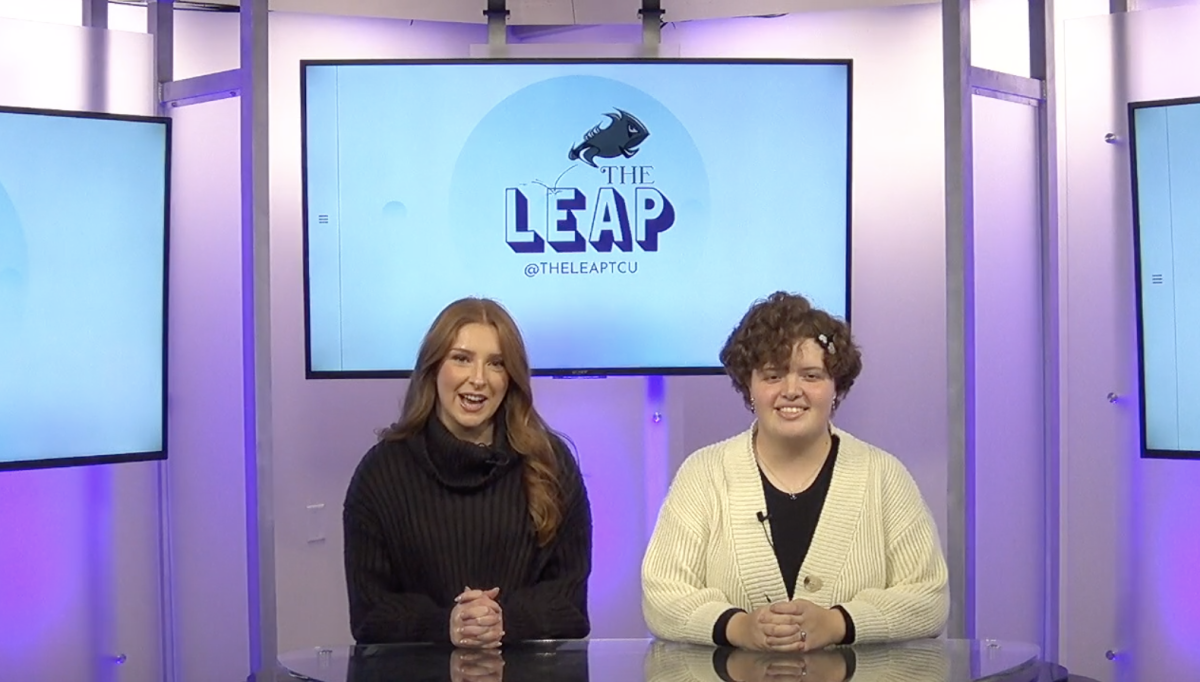This is an era starved of heroes, a time in which dollar signs mask true fruits of labor and rapid delivery of information conceals great charisma. Reading great works, reflecting and striving to reach the model set forward by heroes and icons is less a priority in an age of self-selected social networks.
While freedom to choose mentors, role models and identity is a great justice of contemporary thought, intentional diversity comes at the expense of unifying figures which represent the spirit and colors of an entire organization, institution or nation. Neil Armstrong, the first man on the moon, is one such figure. His death last week must serve as a reminder of the attributes of leadership critical to the United States and to the university community.
The first attribute is an indefatigable personality. The astronaut Armstrong carried the banner of wartime leaders in the United States who represented principles over ego and history over legacy. Humility, calm eloquence and a commanding presence graced similar figures such as Woodrow Wilson and Dwight Eisenhower in politics, Eleanor Roosevelt in social justice and John Wayne in entertainment during the early to mid-20th century.
Each public figure drew a sense of loyalty to their cause and an ethos of change rather than suspicion and divisiveness. Furthermore, they were trailblazers in their fields, unafraid to adapt, overcome and seek out a better future. Neil Armstrong was the twilight of this type of American hero.
The second attribute is being relatable. A middle-class American responding to his passion for aerospace and the demand for scientists during the Cold War, Neil Armstrong exemplified the burgeoning population, income level, education and number of civil servants during the 1950s and 1960s.
Armstrong was not born into wealth and fame, nor did he show any sign of craving it. He spoke not to history books but to the individuals who watched the Apollo 11 lunar module touch down on the lunar surface. His one small step could be as immortal as any small step. That is the key to his heroism.
Dr. Jim Scott, professor of Political Science, describes Armstrong as part of the “mythology of the United States,” in which Americans believed they could “identify a problem and solve it through skill and effort, [and] set a goal and do it.” What Neil Armstrong accomplished in a spacesuit Americans shared in faith.
The final attribute is being a uniting figure. Despite the politics of the Cold War and the possibility the Soviet Union could have first landed on the Moon, Armstrong’s crackling voice from Tranquility Base was broadcast across the globe. The view of Earth Apollo astronauts saw had no borders or assumptions, and Moon missions made scientific discoveries of peaceable use to all nations.
Neil Armstrong possessed three true qualities of a hero and leader, much as the prophecy and inquiry attributed to the Apollo of Greek mythology. The passing of such a hero leaches just a bit of these forces from the world. Who will fill the void?






